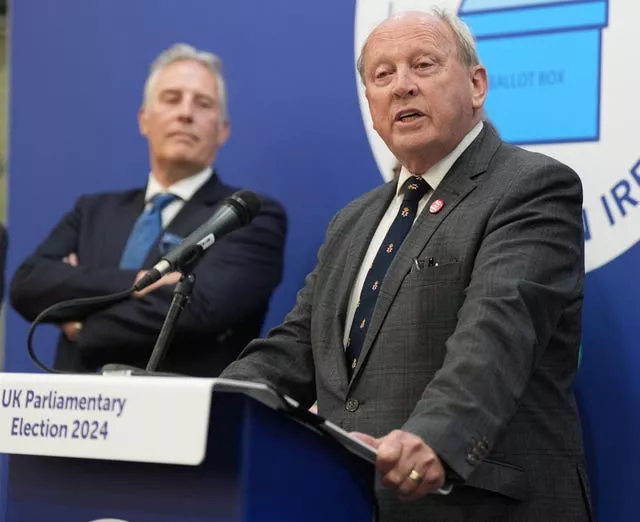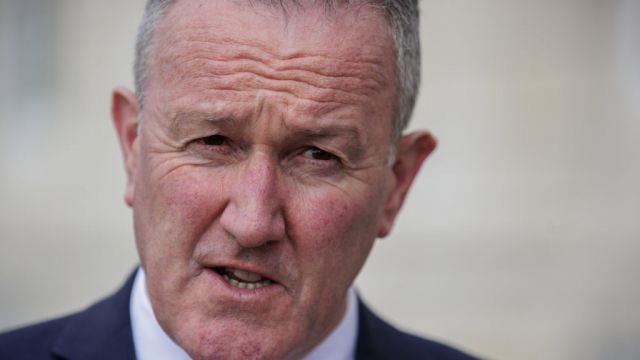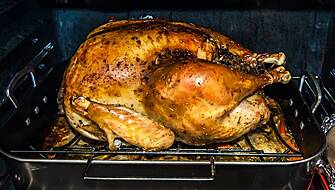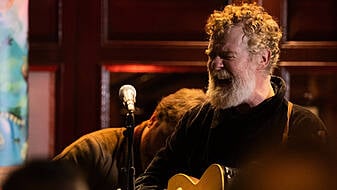Unionists cannot bury their heads in the sand about electoral trends in support of Irish unification, a Sinn Féin Stormont minister has said.
Conor Murphy was commenting after his party emerged from the UK general election as the largest in Northern Ireland.
Sinn Féin also holds the most seats at Stormont and local council level in the region, although it performed well below expectations in last month’s European and local elections south of the border.
“I think that the result last night confirms the degree of change that has been happening over our society for a number of years now,” Economy Minister Mr Murphy told BBC Radio Ulster.
“What we want to see is an honest and a structured dialogue in relation to what the future holds. And that is one in which everyone has a say, that everyone’s rights and entitlements are protected.
“But we can’t not recognise the change that’s happening. And that’s what we’ve been about and that’s what many in the nationalist community and broader than the nationalist community in terms of dialogue have been about over the last number of years.
“We want to see an Irish government involved in that – to structure that dialogue, to give the reassurances, to discuss the issues and that will inevitably be part of a degree of change, constitutional change on the island.

“I get that that is a conversation which does concern some, but I think you know the idea of putting our head in the sand and not recognising the change that’s happening does a disservice to the entire community. And I would hope that more and more people from the unionist population become involved in that discussion, make sure that their voices are heard in relation to it, and help us help all of the rest of the people of the island shape the future in a very positive way.”
While the main unionist party, the DUP, dropped from eight to five seats in the election, three other unionist MPs – one independent, one UUP and one TUV – did win seats, meaning there remain eight pro-Union MPs at Westminster.
Of the 10 other seats in Northern Ireland, nine are held by Irish nationalists (seven Sinn Féin and two SDLP) and one by the cross-community non-aligned Alliance Party.
Mr Murphy insisted that electoral evidence demonstrating a mood for change was growing.
“I think the election results over a number of years have confirmed that the trend is changing,” he said.
“As I say, we can either decide to ignore that or we can decide to embrace that in a very structured and in a positive way, and one which ensures that everyone’s voice is heard in that discussion.
“That’s what I want to see happen. And that’s what our party wants to see happen. I think that’s broadly across the island what people want to see happen.
“And so I would hope that unionists are encouraged to become part of that dialogue, they’re an important part of our society on this island, they have an important voice to be heard in relation to what the future looks like and we want to make sure that they’re involved in the discussion.”







